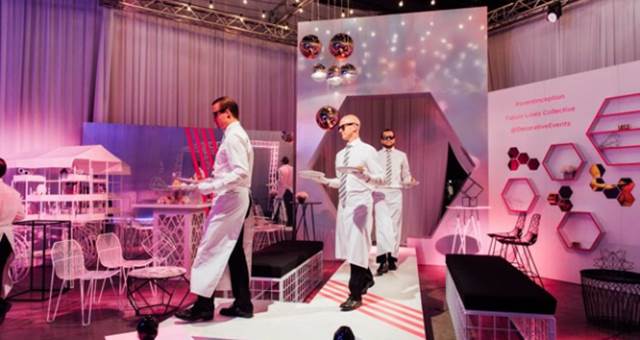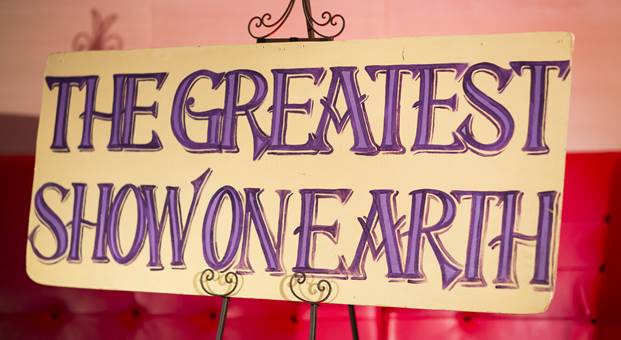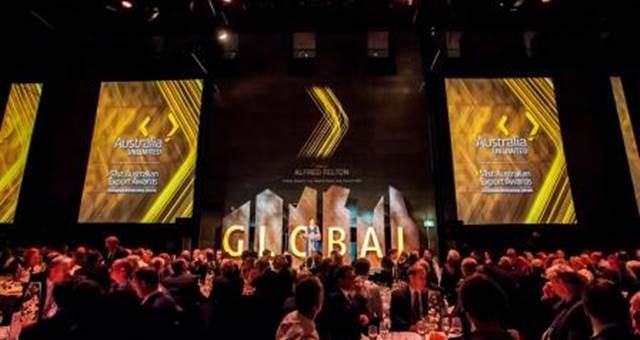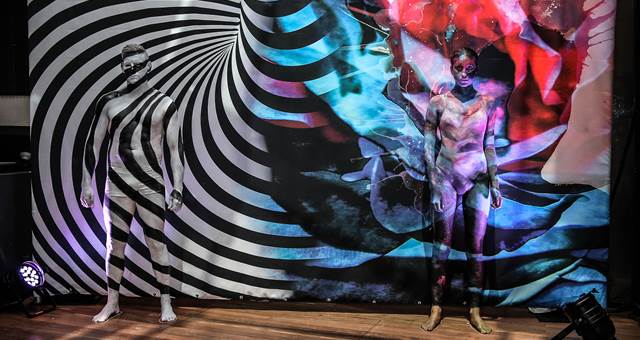
Spice caught Deepend’s managing partner Chris Crammond to find out how to create the best possible advertising campaign to promote an event.
1. Know your audience and think carefully about how you reach them
Thoroughly research which channels your target audience interact with and how regularly. This will ensure your event is consistently brought to their attention and is displayed when they will be receptive to your message. For example, during the recent campaign for the Sydney Royal Easter Show part of Deepend’s brief was to reach the Show’s main target audience; families. We timed this campaign to appear on television placements during programs that families watch together, combined with marketing on Facebook and digitals ads on websites frequented by Mums looking for school holiday activities.
2. Don’t spread your message too thin
It is better to focus on fewer channels where the quality of work is high and your core audience is being reached, rather than try to exist across all media channels in a lesser capacity where the message can become diluted.
3. Make sure key information and dates are advertised clearly
During the planning and creative phase of the campaign, the aesthetic wants have been known to affect one’s judgement and often pertinent information like dates and times can be produced to an illegible scale or even forgotten. Ensure these details are clearly displayed across all campaign material.
4. Ensure your messaging is channel-relevant
It’s vital to ensure your messaging is adjusted to reflect the audience’s varied behaviours to effectively drive them towards the desired action. For example, ad placements on TV and in print act to raise awareness, whereas placements online should act as direct drivers to ticket sales. Alongside this, promotions on social media channels can focus on encouraging your audience to directly engage with an event; generating interest then driving consistent excitement and anticipation. Review your campaign materials and carefully adjust the messaging to ensure the best outcome for each channel/platform.
5. Communicate what makes your event unique
This is integral in appealing to your core consumers and creating a point of difference in potentially competitive environments. During a recent creative campaign on behalf of the Sydney Royal Easter Show, Deepend was tasked with highlighting what makes this event unique and appealing to the public. Research suggested that the public identified with, and were attracted to, the show’s performers. Deepend therefore developed a campaign which featured and celebrated the real life show participants, as opposed to actors; heralding their unique skills and expertise and sharing their individual stories in order to drive the public’s engagement.
6. Timing
Campaigns must be signed off well in advance of the event. Advertising deadlines across outdoor, traditional and digital media can differ drastically and this must be considered to ensure that your campaign exists in the public eye for the maximum period possible. The more times a consumer is exposed to an advert, the higher possibility there is that they will engage with your event.
7. Consider engaging key social influencers
Reality TV has created a new celebrity sub-culture, whilst social media now gives fans immediate access to their favourite personalities. Engaging celebrities or influencers to discuss a brand or event on their social media platforms can be a highly persuasive form of word of mouth advertising; adding another dimension to an above the line campaign.
Deepend is part of the Deepend Group which is made up of Deepend (Digital), How To Impact (Innovation), Nomad (Mobile) and History Will Be Kind (PR/Social Media).





